If you’re a Stephen King fan–and even if you’re not–chances are you’ve either seen or heard about MISERY. Just in case you need a little refresher:
I really like that film. The trailer’s soundtrack is a very cute touch, too. The music’s not from this film at all but ALIENS. As I recall, a bunch of ’90s horror films re-purposed that music for their trailers and here, it’s very appropriate even if the monster in MISERY wears Kathy Bates’ face.
Now this post isn’t about monsters or stalkers or obsessed fans. While all that is very interesting, that particular post will have to wait for another day. But I do want to talk a bit about fans, not the rabid Annie-types posited by MISERY, but those folks out there who read our books and then find the courage to write to us in the first place.
What started me thinking about this was something I heard from a young fan who’d written to tell me how much she enjoyed ASHES and then my Skype-in to her class. We chit-chatted a bit on Facebook and after we’d gone back and forth awhile, she admitted that she really hadn’t thought I would answer back in the first place.
That kind of floored me. It would never have occurred to me NOT to answer a fan (so long as the note isn’t abusive, of course), but then again, it’s not as if I’m DELUGED with fan mail or anything. If that ever does happen, I suppose I’ll have to tailor my replies accordingly. But what I’ve found so far is that fans often have interesting questions or they just want to express their enjoyment, and I’m all about that. Fans can surprise you, too; there’s one young lady with whom I’ve corresponded about environmental issues who’s really taken the proverbial bull by the horns and gotten involved in conservation. She’s got big plans–and knowing that I helped get her started is great.
But that one fan’s expectation that I wouldn’t respond got me thinking about fandom in general and why we sometimes feel the need to act upon the impulse to express our admiration to a complete stranger.
I know whereof I speak. So far, I’ve written exactly three fan letters: two to actors and one to a novelist. The first I wrote when I was pretty young–mid-teens, I think–and to an actor I’d seen on stage in Hamlet. He was flat-out fabulous and, yes, good-looking. So I screwed up my courage and wrote a letter thanking him for the performance. I do recall that I didn’t expect to hear a thing back.
But, to my complete amazement, he actually responded. As I recall, the reply was pretty standard: thanks for writing, glad you enjoyed it, that kind of thing. But I was over the moon. Here was this guy I admired and he’d written back to me. It was cool. Did this start something, like a back and forth pen-pal kind of thing? Of course not. I’d said what I had to say and that was that. But I do remember being thrilled.
I wrote my second fan letter when I was much older–like, two or three years ago, I think–and to an author whose work I’d just read for the first time. I had so enjoyed the story that I just had to let him know. Why? Beats me, but I do know that I told him that I hoped to be able to write as well someday. Now, he is way more famous that I could ever hope to be and I wasn’t expecting anything. But he did write back. Nothing long or anything, just a couple lines scrawled on a newsletter, but that was still cool.
What was more interesting, though, was my response. I think it had something to do with me being quite a bit older and with similar aspirations . . . but I wrote back and not with something arbitrary either. He’d raised a point in his reply, and I answered in kind. In contrast to my first letter, though, that time I got no response at all.
Now, was I crushed? Not really, although I remember feeling a little disappointed. Like . . . shoot. In retrospect, I recognize the emotion for what it was: a very small fantasy on my part. See, if this author had written back and we began to correspond, then we were kinda, sorta equals, right? It would have been a little crumb, something that I would have seen as an omen that I might someday “arrive” as a writer.
Silly? Sure. Famous people are busy people, and every moment a writer spends writing to fans is one he can’t get back–and if the job is to write, well, that’s time taken from a work-in-progress. So I do understand that, and I also get that there are limits to the interactions any actor/writer/celeb can be expected to accommodate. But just because I’m all grown up now doesn’t mean I’m above a little magical thinking.
I guess the point here is that I can appreciate both sides of that proverbial coin and that we, as writers, need to be sensitive to both our needs and those of our fans. It takes tremendous courage to reach out to someone you admire. You’re making yourself vulnerable and available for rejection. Psychologically, I think we’re talking about the same impulse that impels a kid who’s drawn a picture or written a story or gotten a good grade to run and show this to a parent. What’s the kid asking for? Validation, pure and simple: the kid’s looking for that special smile, the sparkle in that parent’s eye . . . something that tells the child that she is valuable and worthwhile. Being admired by a parent is huge in terms of self-esteem, something Winnicott recognized when he wrote about the importance of the mirroring role of a parent. He described mothers, but we could just as easily be talking about dads, grandparents, or any parental-figure. What Winnicott pointed out was that a child sees herself reflected in the look of a parent. By extension, what a child sees there tells her not only how that parent feels about her but provides the child the template by which she comes to know herself. Simply put, the parent’s face is a child’s mirror. If you see that you are valued, you learn to value yourself. Really, it’s all about who’s the fairest of them all. (But take a moment to think how soul-crushing it might be for a kid who sees herself mirrored only as sadness or depression or, worse, not at all.)
So I think that need for validation had something to do with why I screwed up my courage to send those fan letters. I admired those people. In the case of the writer, I wanted to be like him and most kids do feel that way about one or both parents at some point or other in their lives. Receiving a reply from first the actor and then the author gave me a sense of being, well, there, being seen: valuable enough to be noticed and regarded and looked at. I was the fairest of them all, someone singled out for special notice, if only for a moment.
The take-home here is simple and easy to overlook: when a fan gets in touch, it’s important to recognize she’s taking the chance you’re going to ignore her. In a way, she’s putting herself on the line here; for that instant, you hold her feelings in your hands. Yes, yes, I know that sounds melodramatic, but think back to that kid who was shocked that I’d written back at all. What must her sense of self-worth be? Of course, she’s valuable!
Now, are there limits to what we can accommodate? Sure–and as I said, maybe I’ll post about that at a later date. But keep in mind that what most fans are doing is nothing more than expressing gratitude for a job well-done. I don’t know about other writers, but I write to entertain and communicate. For me to acknowledge that, yes, you are there and I see you, isn’t only polite. It is essential. Remember: I opened this conversation by writing the book. It is only human and humane to reply.







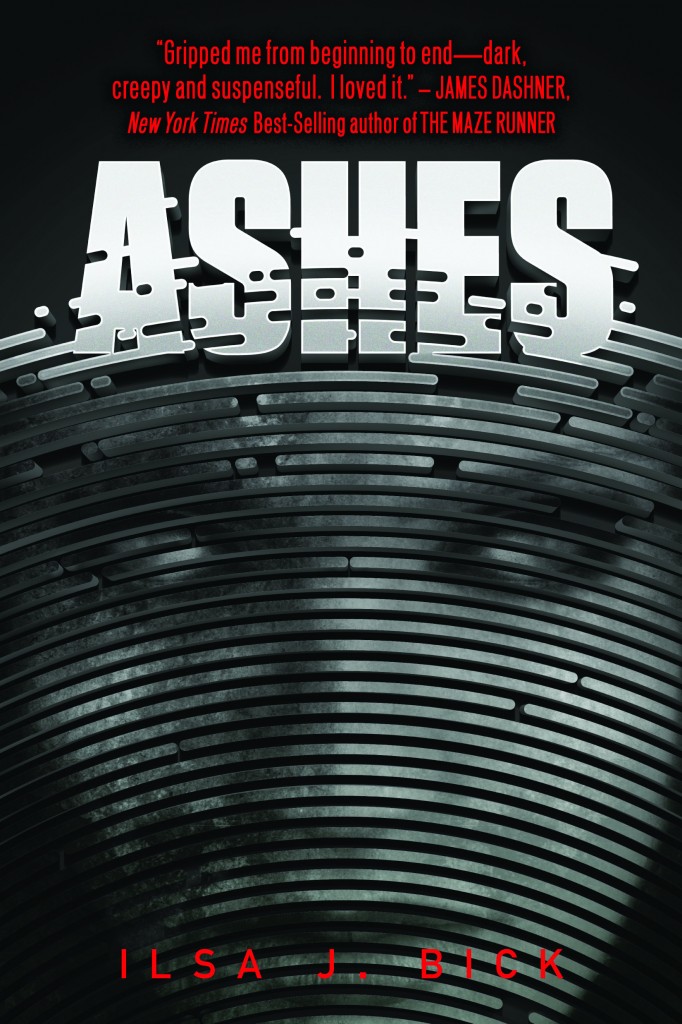
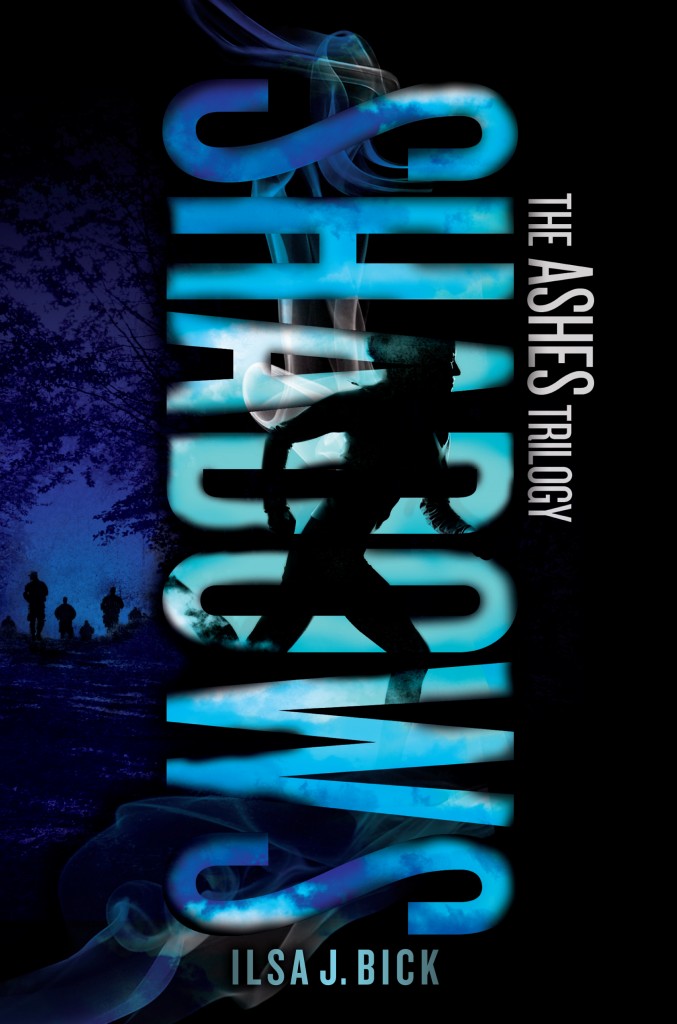
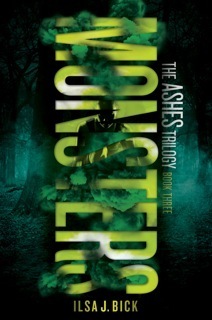

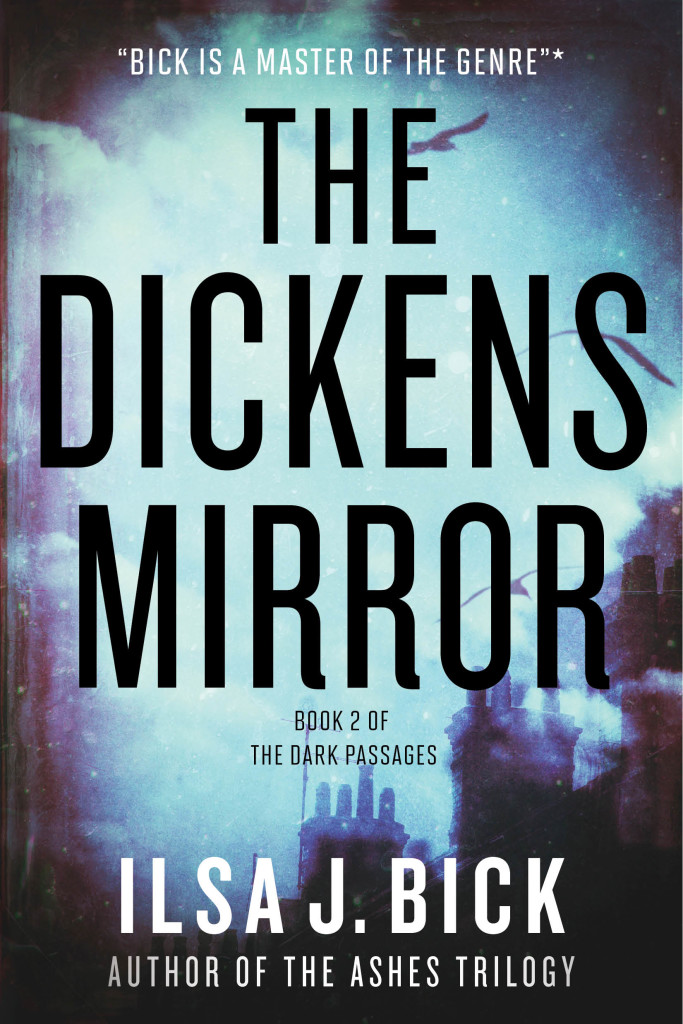
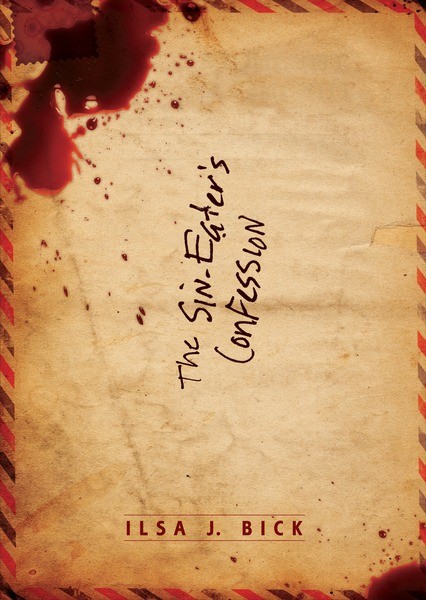
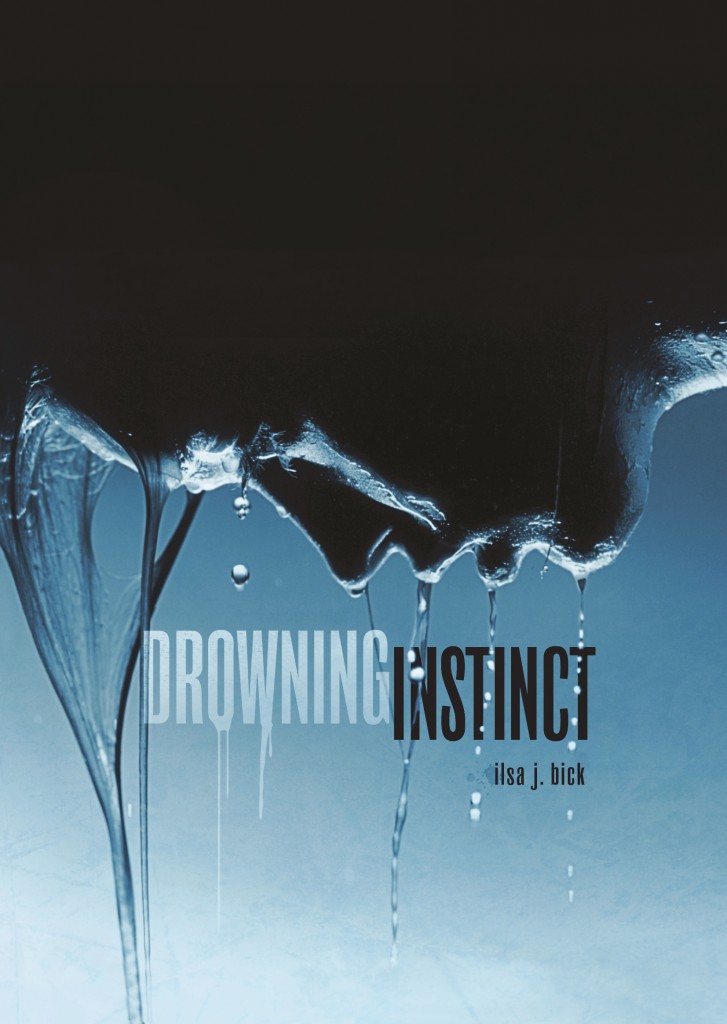
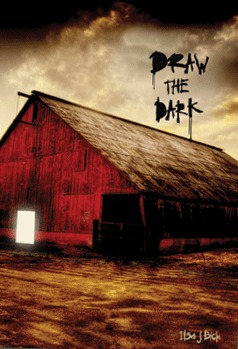
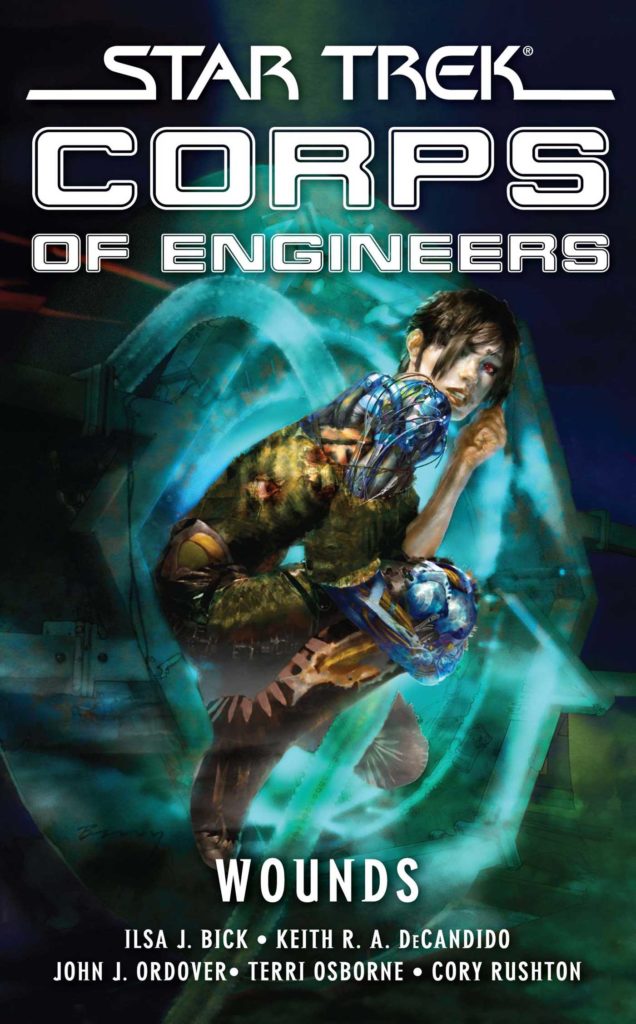


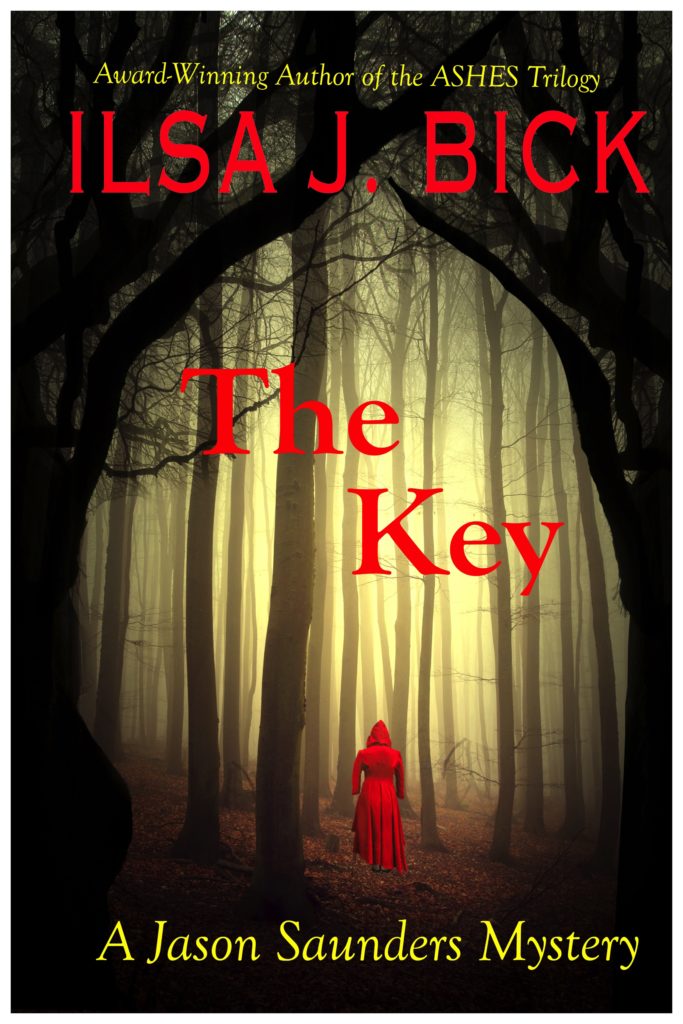
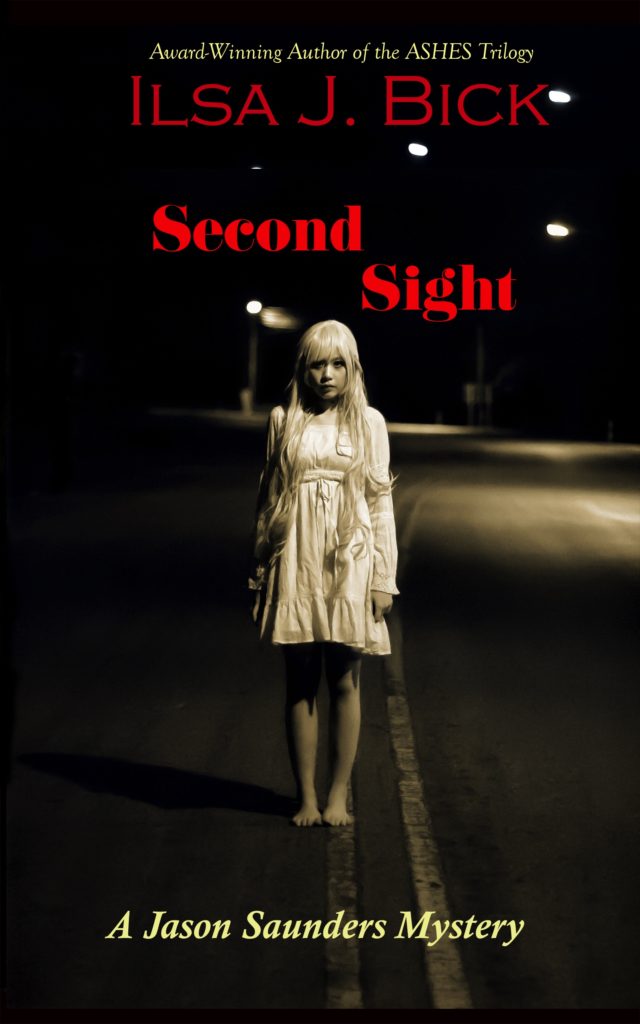
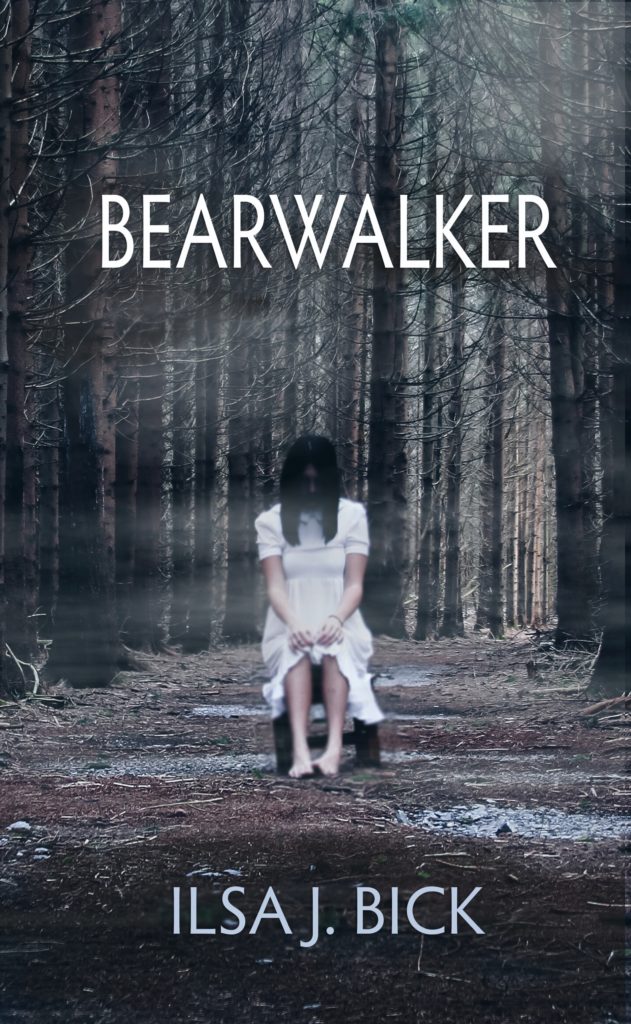
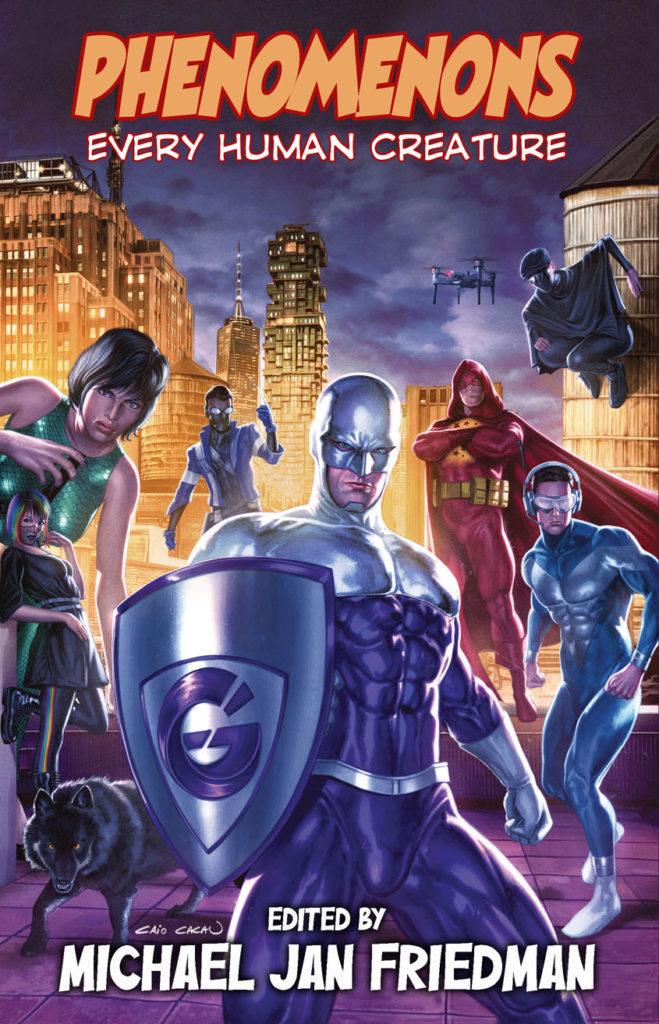
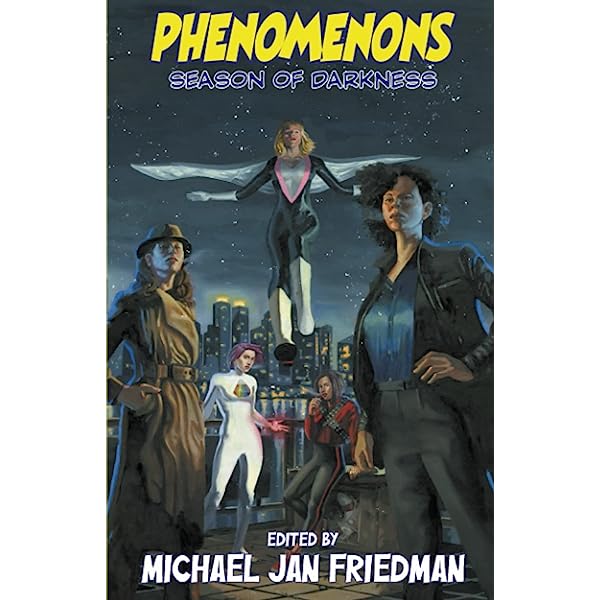

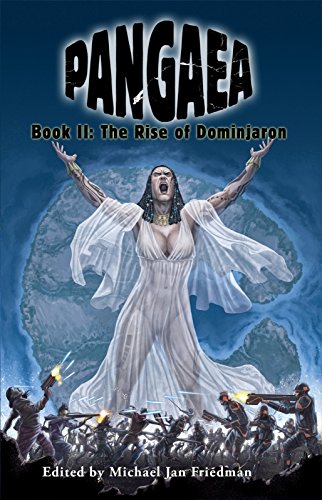



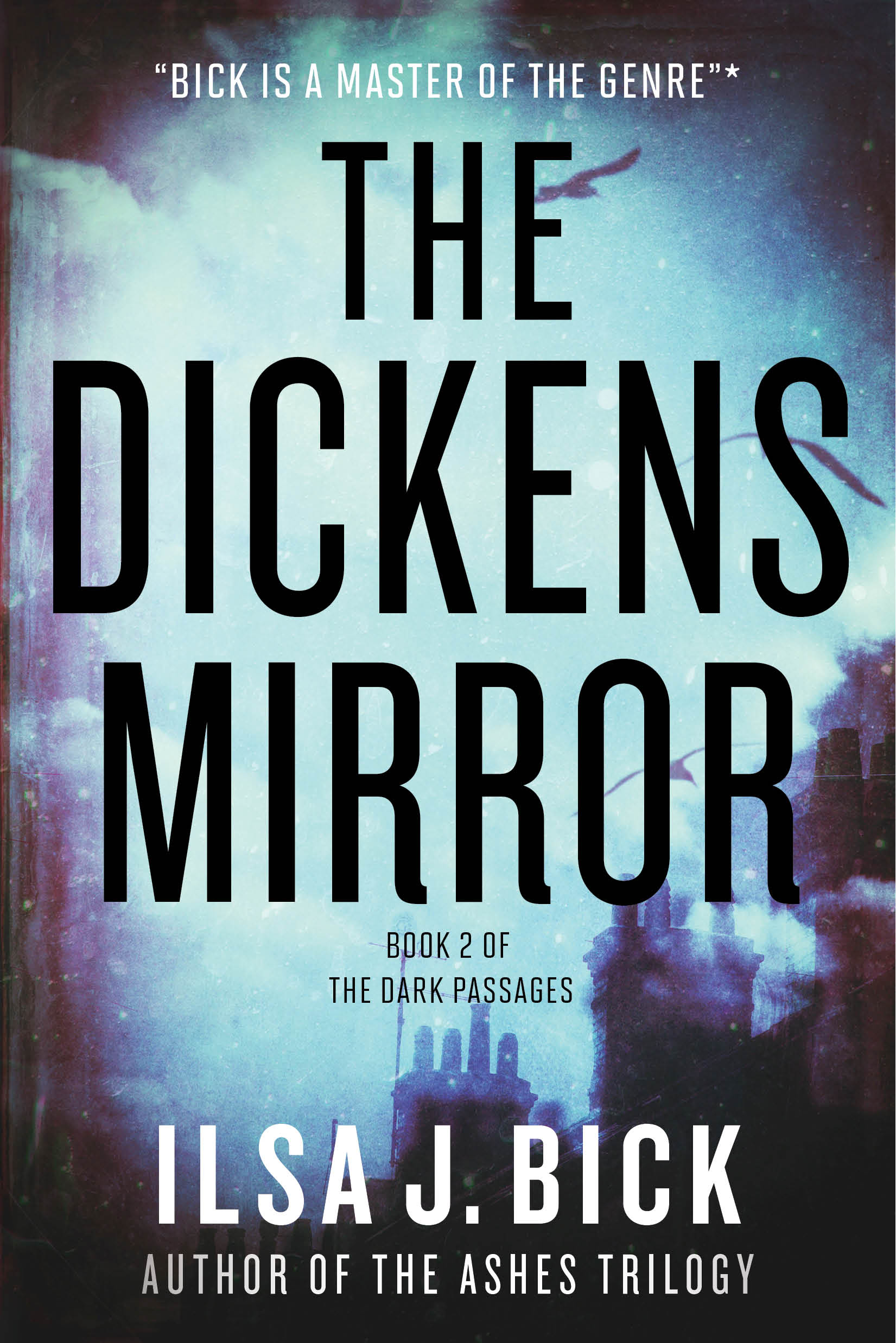
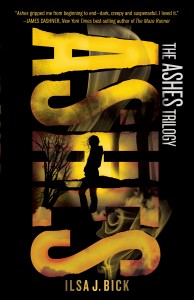
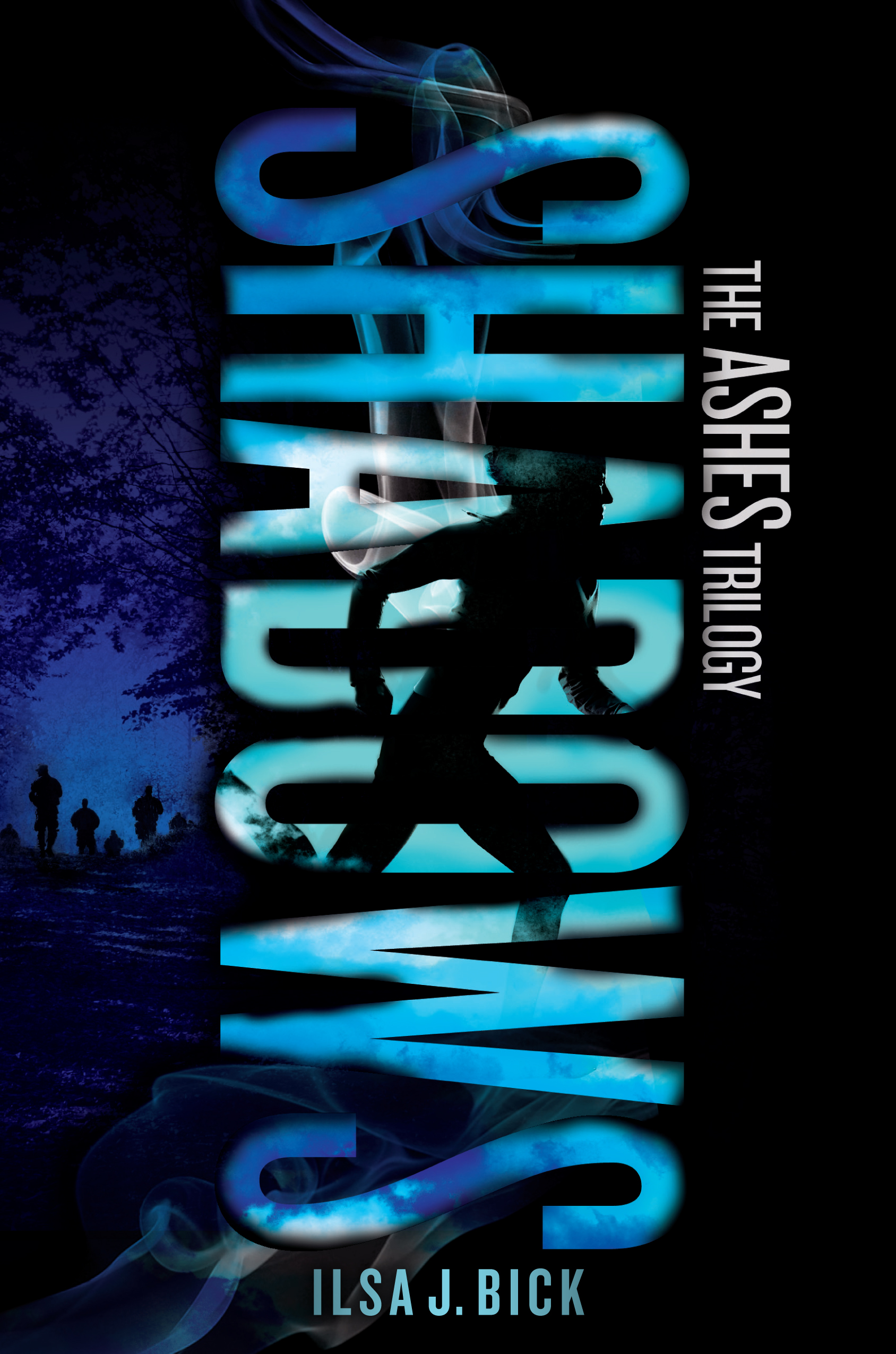
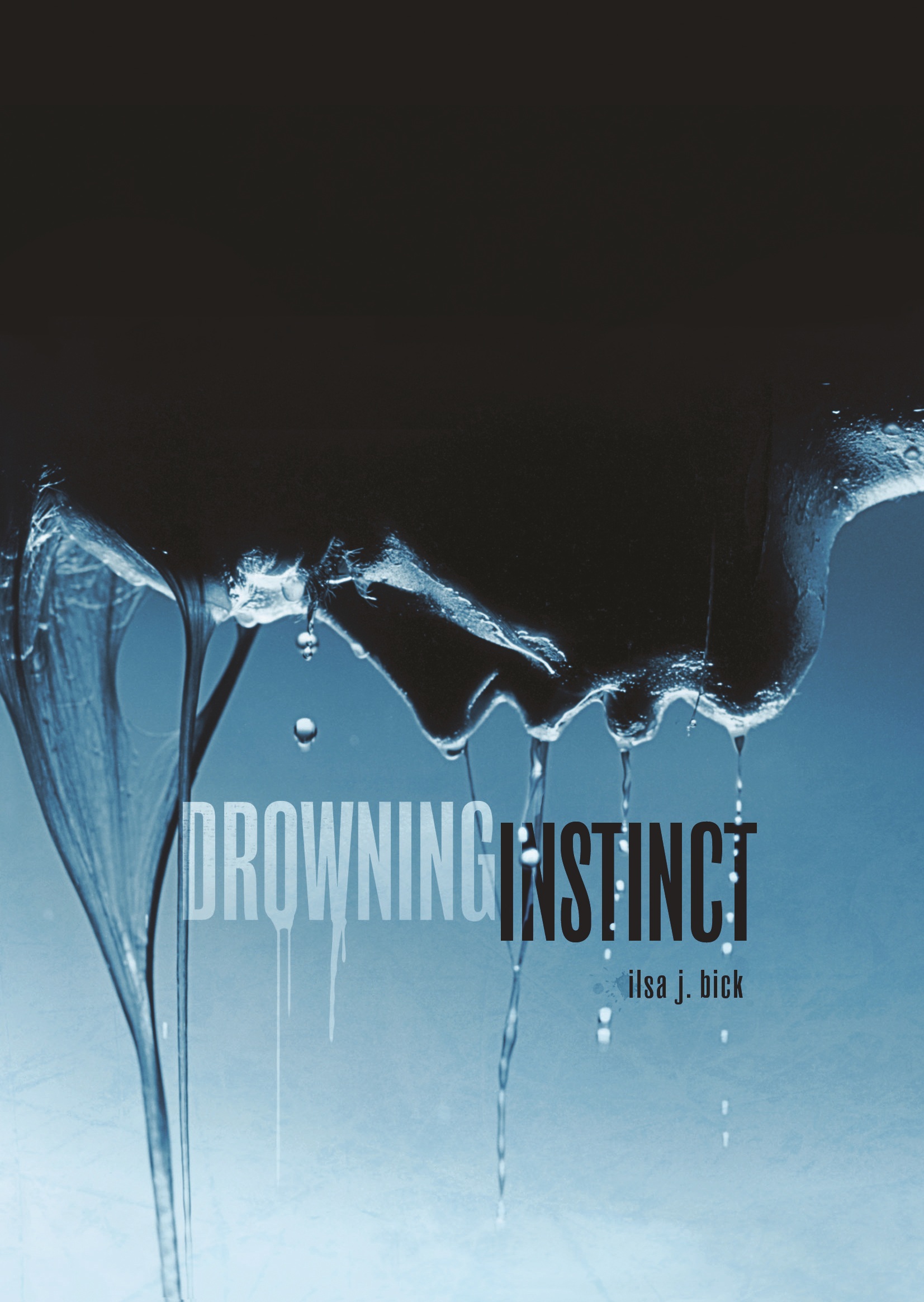
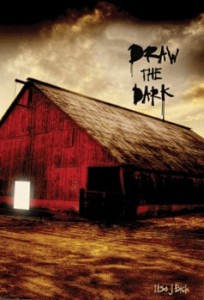
I always have some trepidation when I reach out as a stranger to someone that I respect. Part of that is a fear of being rejected, ignored, or looking like a complete idiot.
Part of it is realizing that I *am* a stranger, even if I have read all of their books a dozen times. I did have a little what-the-heck-was-I-thinking the first time I posted
here, and I was thrilled when you replied.
My mom raised me right 😉